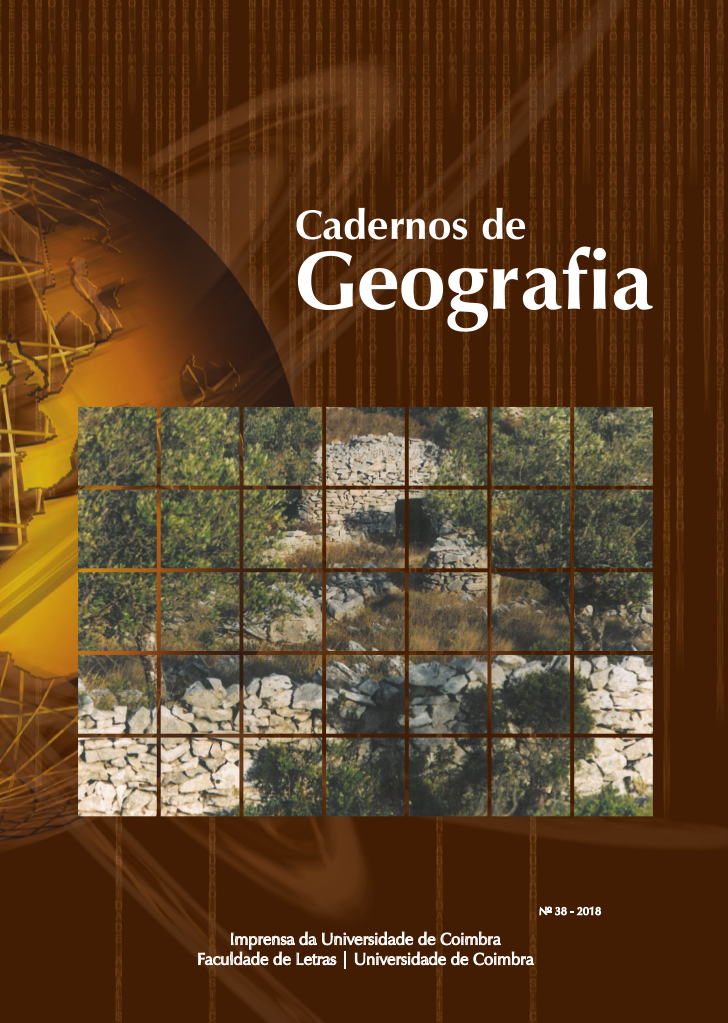Geografia da religião em Portugal: minorias e diversidade religiosa
DOI:
https://doi.org/10.14195/0871-1623_38_3Palavras-chave:
geografia cultural, grupos religiosos minoritários, multiculturalidade, interculturalidadeResumo
O estudo geográfico dos grupos religiosos minoritários em Portugal assume particular importância na atualidade, período no qual o país consolida a imagem de uma sociedade pós-moderna, cada vez mais aberta, híbrida e plural, mas também fragmentada. As alterações ocorridas no território nacional, sobretudo após o 25 de abril de 1974 e a integração de Portugal na União Europeia a 1 de janeiro de 1986, com as consequentes alterações em muitos setores da sociedade, mostraram um país mais diverso e multicultural, fruto de uma sociedade mais permeável no domínio interno, dotada de maior liberdade de expressão, associação e manifestação. Neste contexto, ocorreu uma maior abertura a outras identidades e culturas, assim como à partilha de valores, comportamentos, atitudes e crenças religiosas. Nos nossos dias, a problemática da(s) espacialidade(s) da religião é igualmente importante quando se pretende entender, de forma mais abrangente, as questões estruturantes da sociedade portuguesa, sendo evidente a integração de Portugal nos grandes ciclos ou movimentos migratórios do século XXI.
Downloads
##submission.downloads##
Publicado
Edição
Secção
Licença
Os autores conservam os direitos de autor e concedem à revista o direito de primeira publicação, com o trabalho simultaneamente licenciado sob a Licença Creative Commons Attribution que permite a partilha do trabalho com reconhecimento da autoria e publicação inicial nesta revista.











